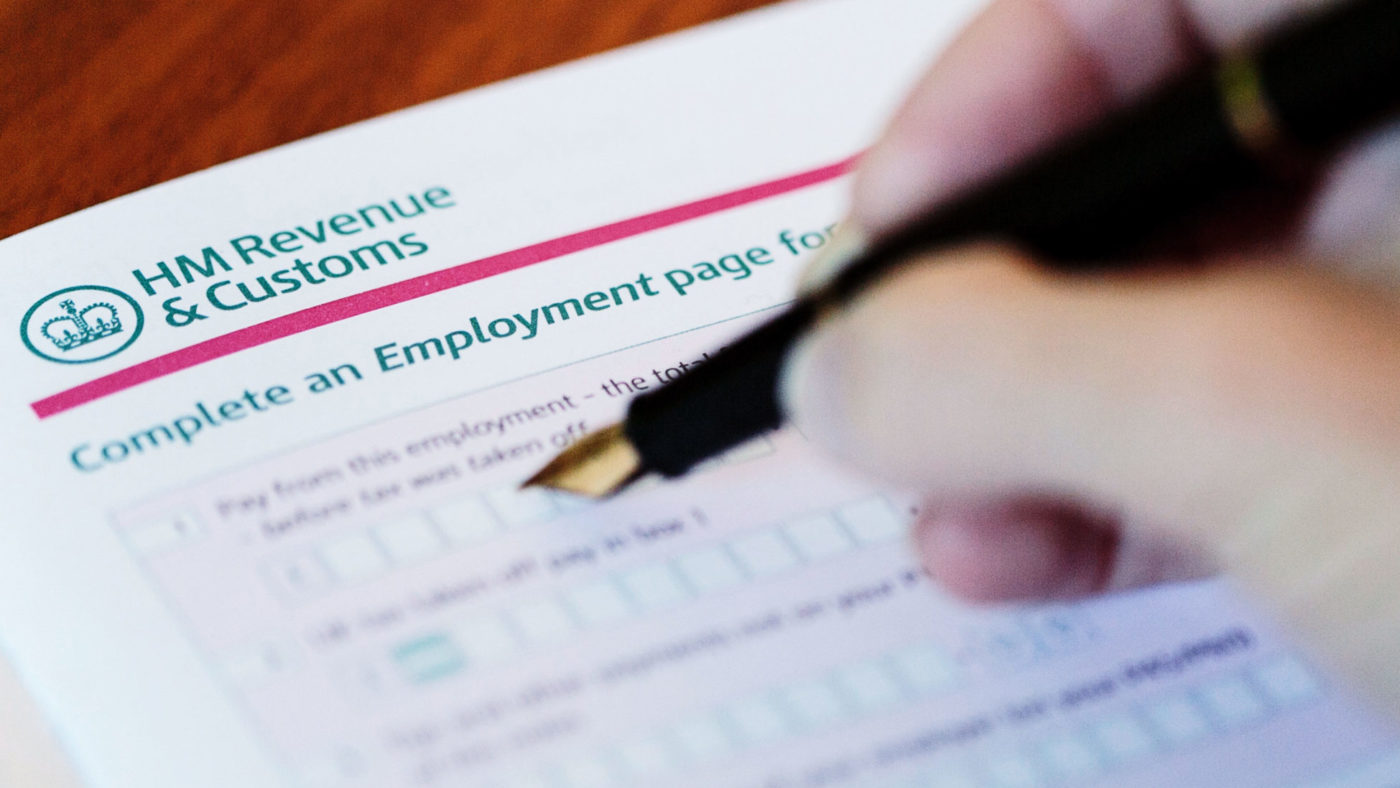The Government’s determination to reform the tax system is very welcome and much needed. Cancelling inappropriate increases in national insurance and corporation tax are an important first step, but much more needs to be done to stop the tax system inhibiting growth.
What, then does a growth-orientated tax policy look like?
First and foremost it should focus on lowering marginal tax rates, which will both improve incentives and our tax competitiveness with other economies. For too long tax policy has been primarily driven by the imperative of raising revenue, irrespective of the economic damage caused. That’s why Liz Truss’s announcement that all tax rates will be reviewed is such good news.
While comprehensive reform will take some time to plan, the direction of travel should now be signalled by immediate changes that can boost growth without necessarily having a major revenue impact.
First up, taxes that effectively persuade people to stop working should be abandoned. The so-called ‘lifetime allowance’ system, which taxes pension pots above a certain level, is a tax trap that forces GPs and others to quit working. While tax relief on contributions should continue to be limited, pension pots should no longer face penal taxation.
Similarly, too many people just reduce earnings when they approach the 60% tax rate imposed at £100,000. They may be high earners, but 60% is the second highest income tax rate in Europe. Since the rate was introduced by Labour in 2009, the pound has fallen in value by about a third, so the 60% rate now cuts in at £67,000 in 2009 pounds. Fifteen percent of taxpayers earn above £50,000 so restoring incentives to this group will have a significant economic impact.
A flexible, growing economy also needs more self-employed workers, not fewer, so boosting self-employment should become a formal policy goal. Unfortunately the Treasury and HMRC don’t like the self-employed because they think it is more difficult to tax them. That’s why they are pushing many into the PAYE system through IR35 classification. The Prime Minister is a firm supporter of employment flexibility, so it should be a no-brainer to reverse this process, starting by loosening IR35, for example by ensuring that it does not apply to contracts of under a year.
The absurd upcoming requirement for the self-employed to file digital tax information four times a year should also be scrapped. This is no doubt part of a cunning HMRC plan to force the self-employed to pay taxes monthly, like those on PAYE. Instead of this pettifogging, anti-business approach we should make it clear to entrepreneurs that Britain is the place to start and grow a business. This means reversing another of Rishi Sunak’s tax increases – his near evisceration of the 10% entrepreneur’s rate of capital gains tax (CGT). Meaningful entrepreneur’s relief from CGT should be restored at a level of at least £20m.
A more welcome Sunak measure was the ‘super-deduction’, which allows companies to offset investment in plant and machinery (with a bonus 30% on top). The problem is, that policy was only ever temporary. If we really want to encourage corporate investment. we should bring in place a permanent ‘full expensing’ regime. According to research from the Adam Smith Institute, doing so would raise business investment by 5% and real economic output by 13%. It would also make our corporate tax regime significantly more competitive (we are currently 27th in the OECD for corporate taxation).
Adopting these reforms now would send a clear signal to business and the markets that the Government really is serious about growth. While there is much more to be done, these measures would show that the Government grasps the scale of the challenge, rejects the declinist narrative and is committed to radical reform.
Click here to subscribe to our daily briefing – the best pieces from CapX and across the web.
CapX depends on the generosity of its readers. If you value what we do, please consider making a donation.


